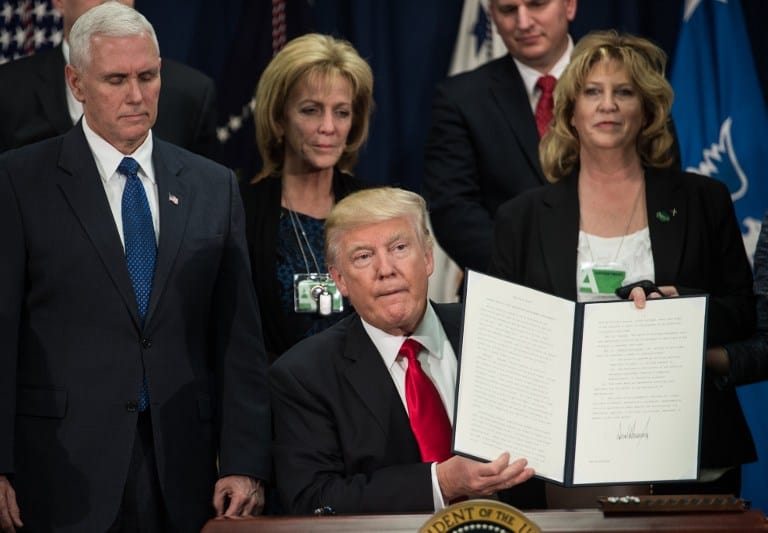The United States’s Acting National Security Secretary, Kevin McAleenan, said last week the country will seek migratory agreements with Costa Rica, El Salvador, Honduras and Panama to curb irregular migration from Central America.
McAleenan’s statement came at an interview following a new U.S. immigration agreement with Guatemala. According to the White House, people who travel through Guatemala in order to seek asylum in the United States now must first request asylum in the Central American country.
McAleenan said U.S. President Donald Trump also “invited Costa Rica and Panama, because we see this as a regional responsibility.”
But after a Tuesday meeting between Costa Rican authorities and U.S. Ambassador Sharon Day, Costa Rica’s Foreign Ministry said the United States “clarified that the [U.S.] government has not requested to unite Costa Rica in these agreements.”
A Foreign Ministry statement said Day “congratulated the Government of Costa Rica for all the efforts it takes to address the situation in relation to the migratory flow and highlighted the positive results of the intense bilateral cooperation on security and its desire to strengthen it.”
Immigration as a ‘regional responsibility’
During last week’s interview, McAleenan insisted that immigration is “a regional responsibility,” which is why the U.S. also signed “an important agreement with Mexico to address security issues” related to human trafficking.
He said that through the agreements, Central Americans will be able to apply for temporary agricultural visas.
What the U.S. sought “is to work with the region to give more access to legal employment in the United States. We do want farmers to come to work in our economy and give these workers protection,” McAleenan said.
McAleenan said that Guatemala is a “crucial” country to combat human trafficking due to its geographical position.
The United States stopped a record 144,000 undocumented immigrants on its Mexican border in May, 13-year peak. In June, the figure stood at 104,000, an increase of 142% over the previous year.
The majority are families from the so-called Northern Triangle of Central America (Guatemala, Honduras and El Salvador) who flee from conditions of poverty and violence in their countries.
Trump made the fight against irregular immigration a focus of his campaign and a cornerstone of his government in a quest to build a wall on the border with Mexico.
Secretary McAleenan was emphatic that the United States will not offer asylum to people who have migrated for economic reasons.
Presidential candidates oppose deal
The immigration pact unleashed a wave of criticism in Guatemala, a country with almost 60% poverty, in sectors that believe the Central American nation is in no condition to receive migrants.
Critics alleged the agreement had been signed under pressure from Washington.
Guatemalan Interior Minister Enrique Degenhart said the agreement was signed without “any threat or pressure” from the United States, although he acknowledged that Trump’s warning of taxing exports and remittances remains in force.
“The warning we received a few days ago has not disappeared,” he said.
McAleenan, before concluding his visit, met privately with Guatemalan President Jimmy Morales.
He also met the country’s presidential candidates, right-wing Alejandro Giammattei and social democrat Sandra Torres, who both opposed the immigration pact.






